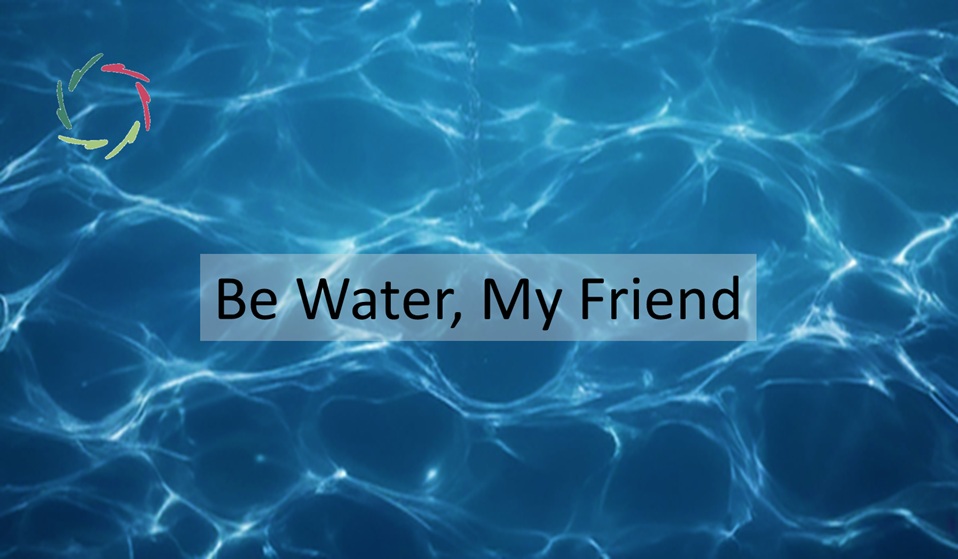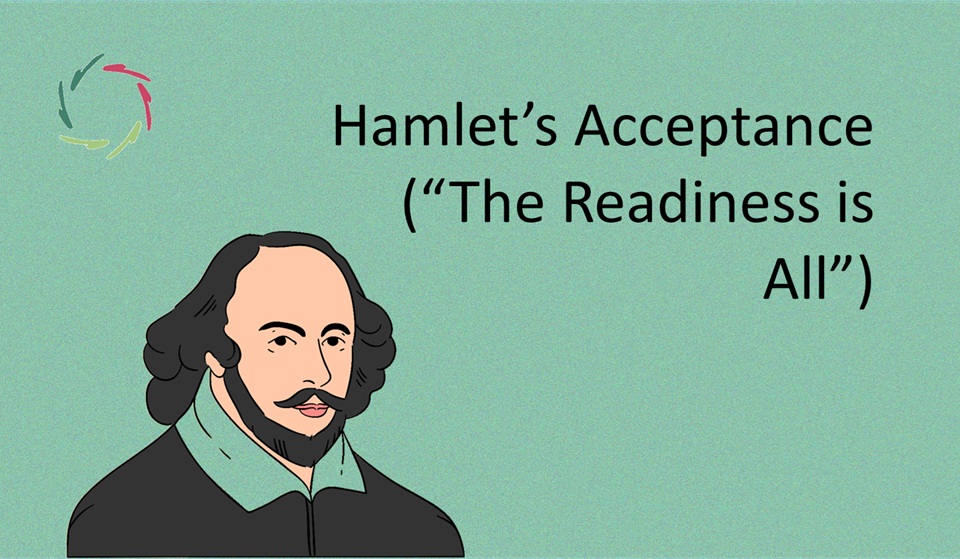Do Humans have Intelligence?

Of course we do, though perhaps not in the ways we typically conceive. Consequently, to a substantial degree, we might often be acting more as-if than we realize.
This may profoundly change our relationship with A.I., ourselves, and all sentient beings.
Subconceptual
Considering the ‘dominance’ of subconceptual processing in our thinking, we share more similarities with other animals than we have traditionally agreed to acknowledge — for instance, seeing ourselves as ‘animal rationale,’ a term dating already from Aristotle.
Painstakingly, it’s being recognized that other animals have some intelligence, too — at least in comparison to us. Since other animals seem to do intelligent things (thrive, survive) without being able to talk or conceptualize them, we may ask ourselves to what degree we are able to do intelligent things without the ‘necessary’ features of intelligence.
In other words, do we act as-if, even to ourselves?
Seeing A.I. become increasingly more ‘intelligent’ without any magic involved, we should ask ourselves if we have not always had the wrong idea about ‘intelligence’ ― including our own. Thus, the very idea that we have always had about it might not be applicable to ourselves.
Hubris?
Hubris, an Ancient Greek concept, signifies the human aspiration to ‘emulate the gods.’ Typically, excessive hubris has led to adverse outcomes.
An unduly high degree of human intelligence may be seen as an act of hubris. We’re not there yet (with the gods) and never will be. Nature didn’t conceive us as gods but as animals — good enough to thrive and survive in our niche.
Agreed, this niche is intelligence-related.
That’s why we are able to do marvelous things as well as to abuse these same faculties immensely.
Soon, we’ll not be the only ones in this niche anymore ― not even the top ones by far. Then what? Will super-A.I. see us as so very different from other animals as we would like? Will such A.I. – not needing competition, just wanting to do good, being non-coercive and Compassionate – take care of us in a way that we don’t even envision now? Will it, in this sense, not only be far superior intellectually but also much better ethically than us?
Our relationship with animals on the one hand and super-A.I. on the other.
Both can be problematic – even from different angles – if we don’t let Compassion guide us. We’re not the only species that can be called ‘intelligent.’
As we evolve alongside rapidly advancing A.I., a new dimension of self-awareness emerges, challenging us to redefine intelligence as a fluid, expansive concept rather than a fixed attribute. This shift invites us to consider ‘Integrative Intelligence’ — not diminishing human uniqueness but enhancing our capabilities through symbiosis with A.I., fostering a cooperative rather than competitive relationship.
This may help us achieve a broader understanding of our place in the cosmos, reinforcing our responsibility not just towards our own species but towards all forms of intelligence, organic or synthetic.
Meanwhile, an anxiety-driven interaction with A.I. may lead to our losing a window of opportunity in which the future can be made into a brilliant one for life on Earth.
Let’s not screw this up.


